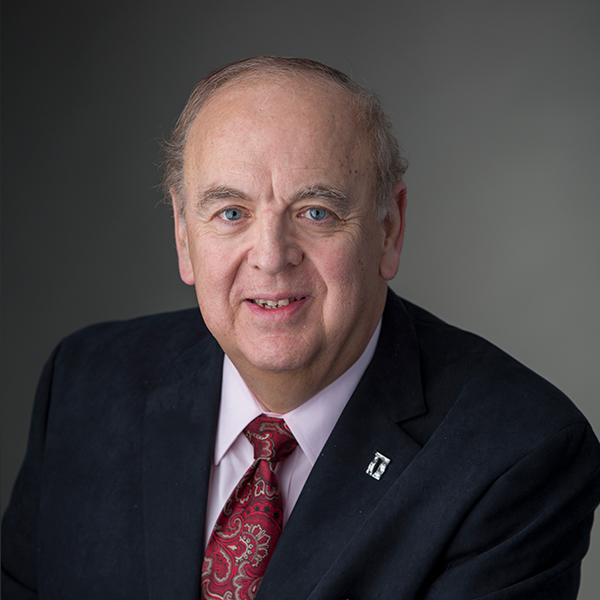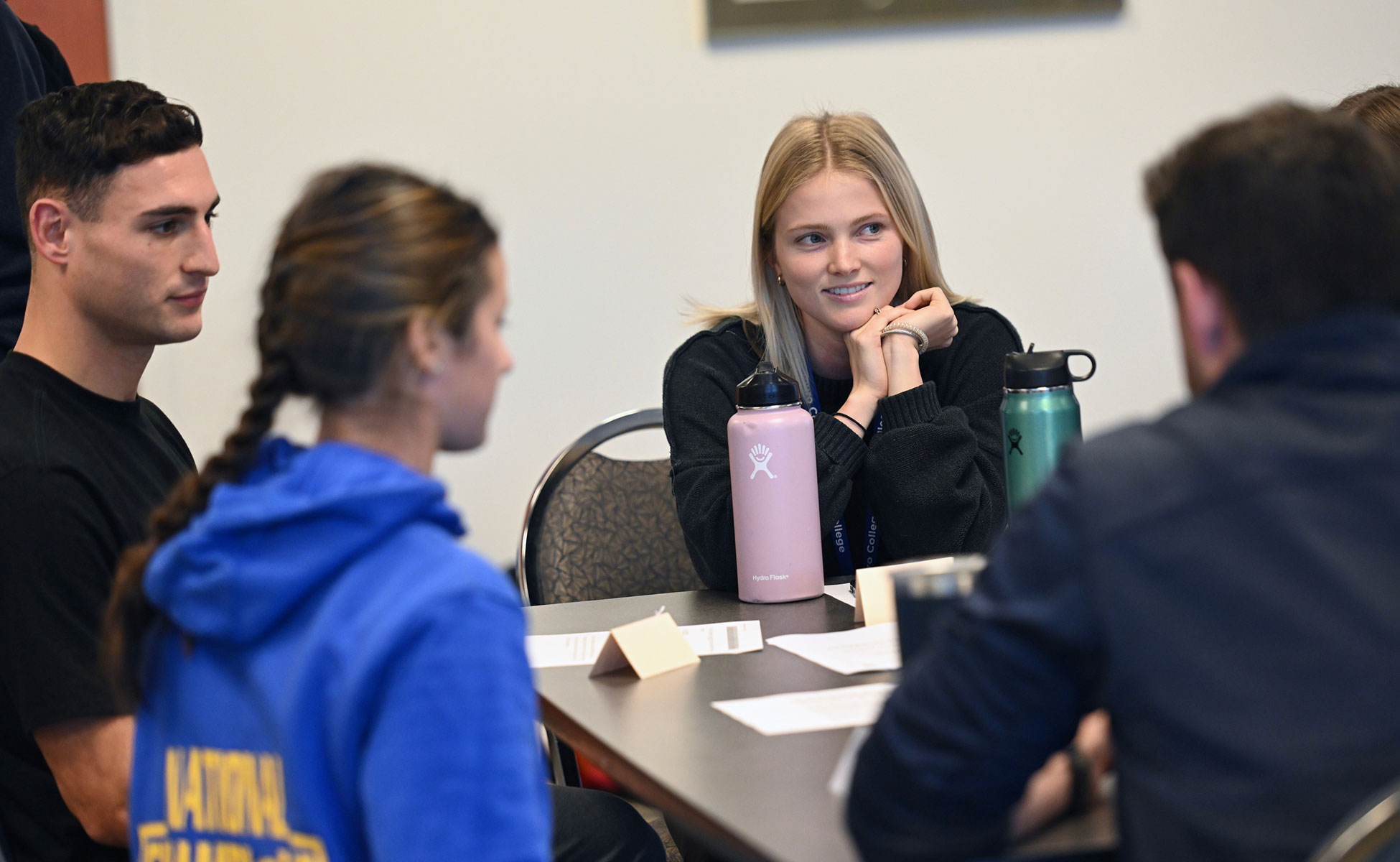The Touro PsyD program is home to a distinguished and resourceful faculty varying backgrounds, with each faculty member having their own specialized interests and perspective on the intersection of psychology and medicine.
Our core faculty have professional expertise in areas like sports psychology and integrative community health care, and bring their practical knowledge and experience into their classroom teaching. Our faculty members also pursue unique research projects in their focus areas. A few of their research areas include the treatment of anger and violence through emotional regulation, technology’s impact on both health awareness and differences in health care access and outcomes, and how to improve support services in the family care unit. Explore our individual faculty bios and learn more about their background, research areas and publications.
Core Faculty
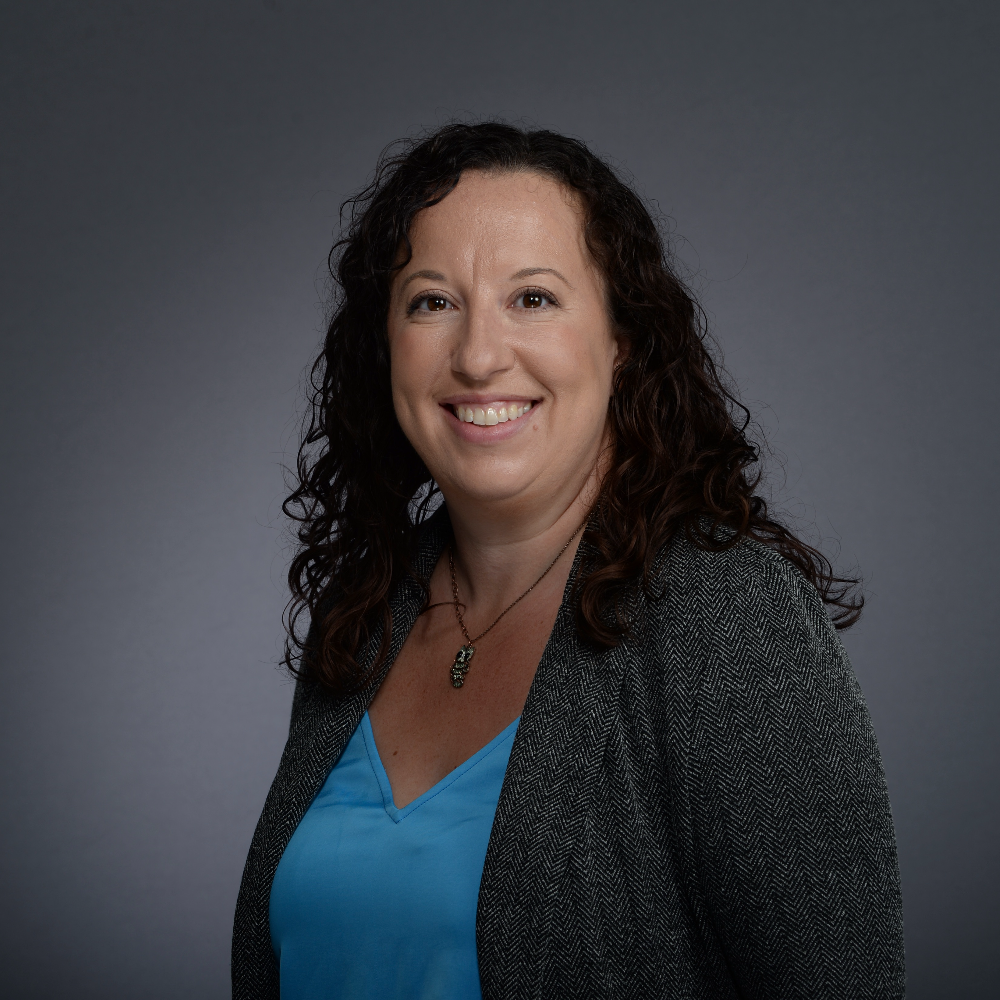
Kerry Cannity, PhD
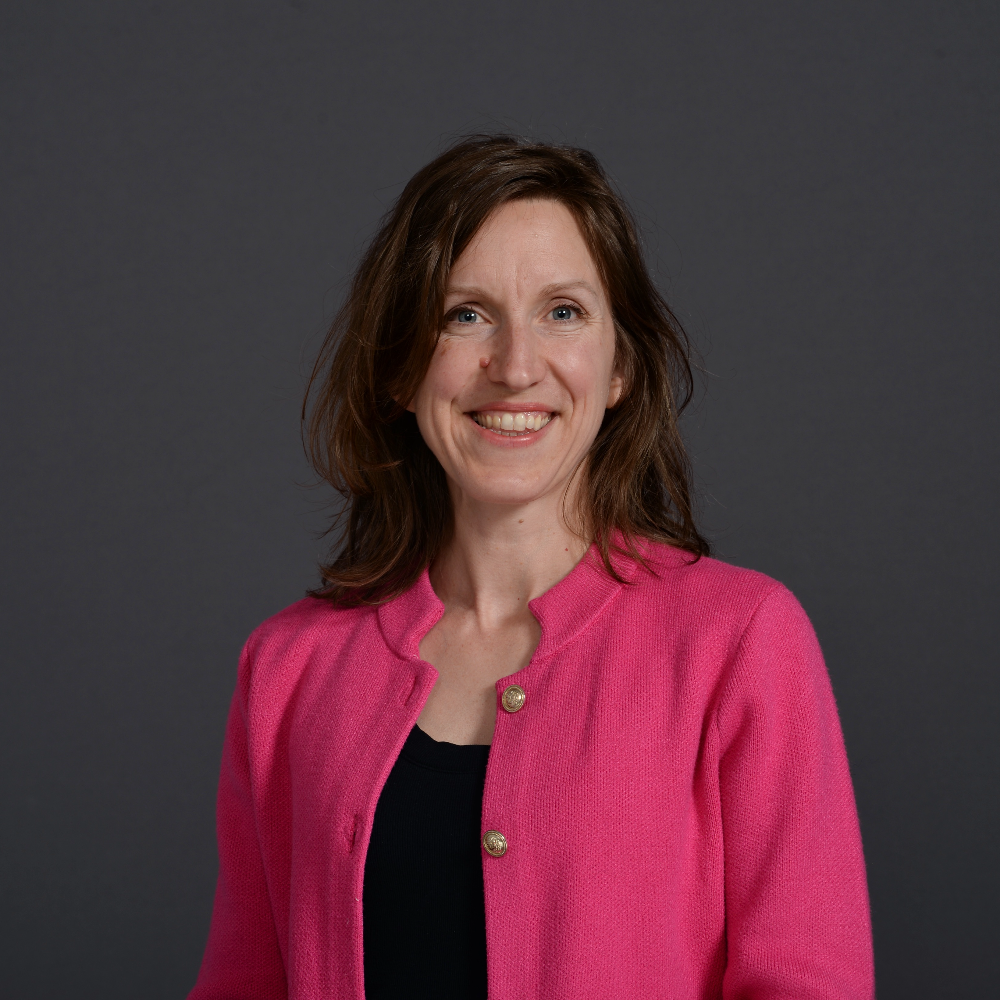
Carrie DiMatteo, PhD
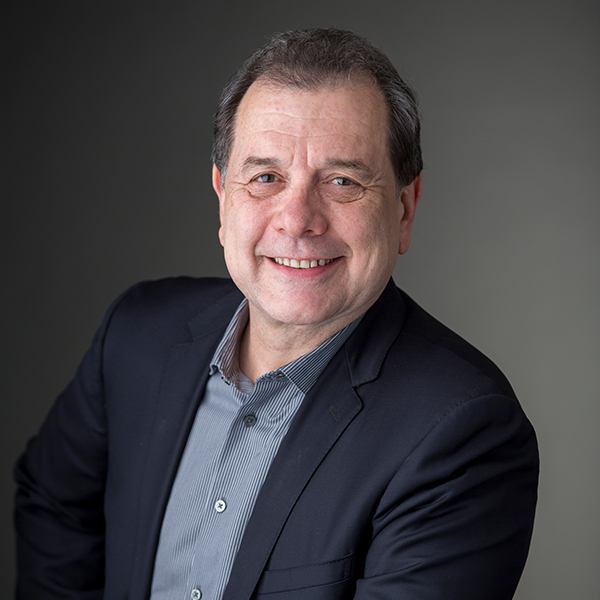
Frank Gardner, PhD, ABPP
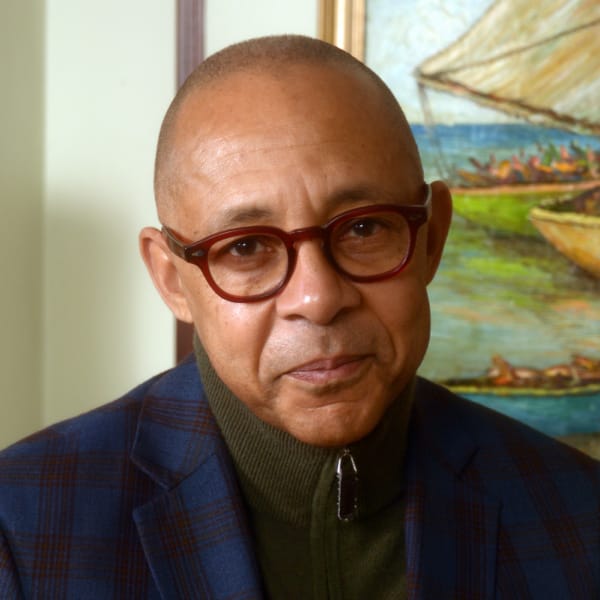
Jeffrey Gardere, PhD, ABPP
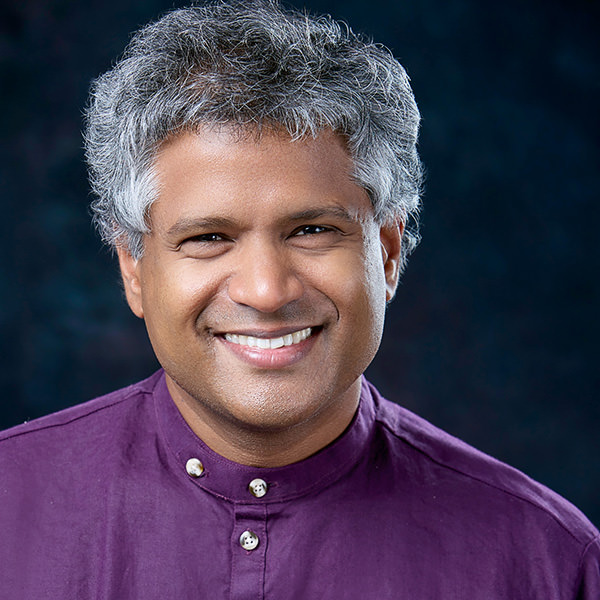
Nuwan Jayawickreme, PhD
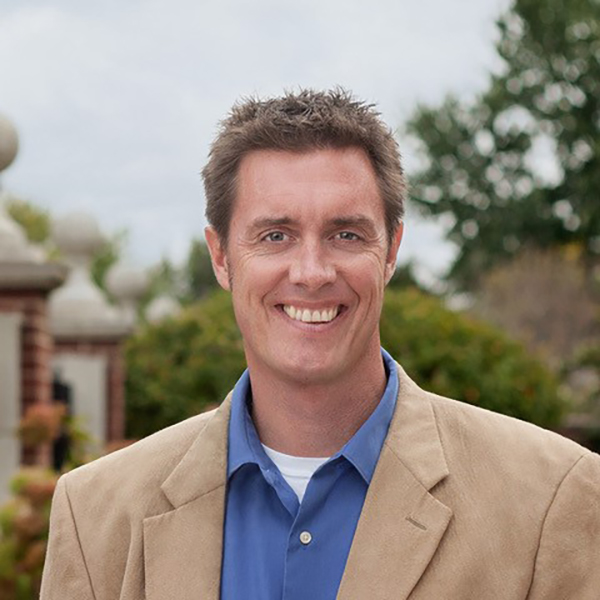
Daniel J. Moran, PhD,
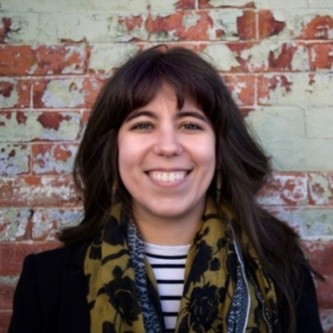
Lila Pereira, PhD
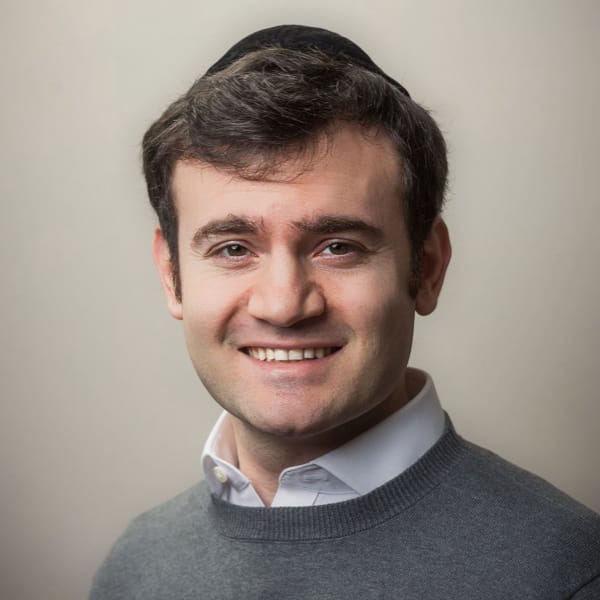
Yosef Sokol, PhD
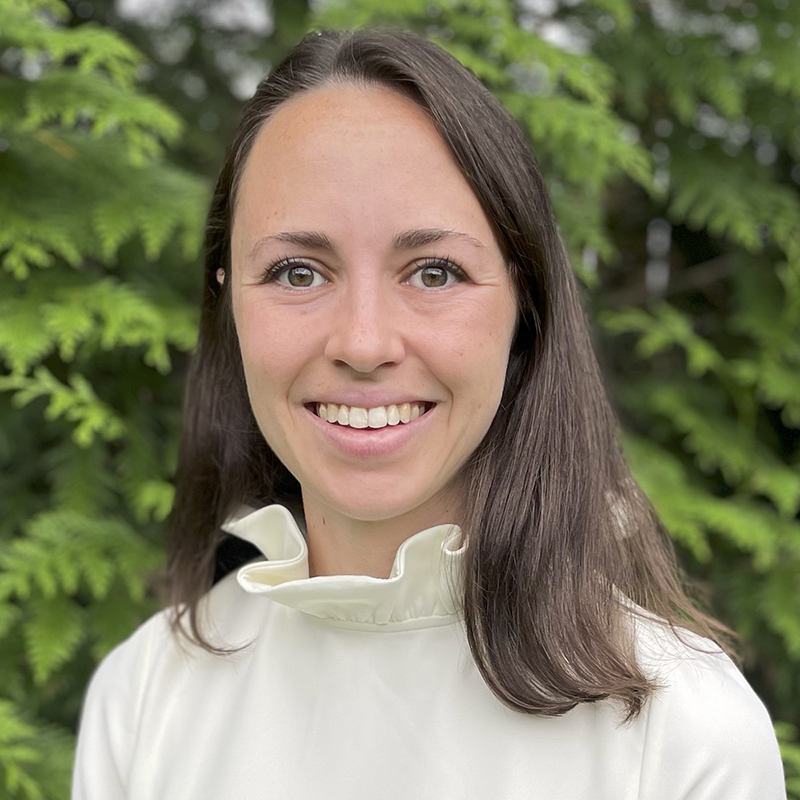
Emily Winter, PhD, NCSP
Contributing Faculty
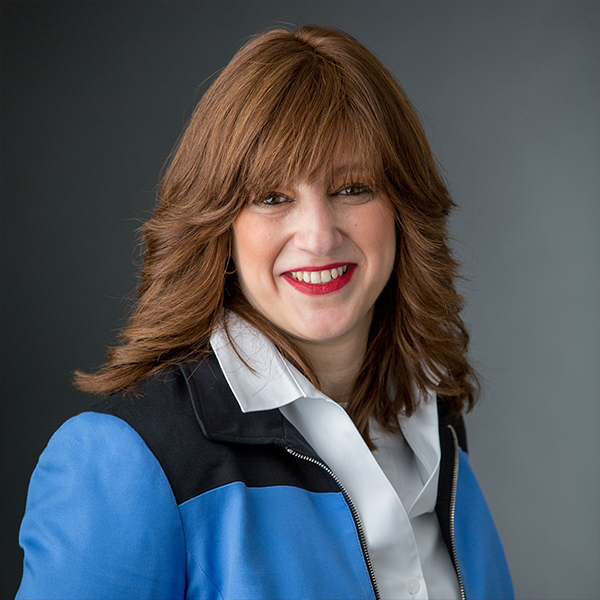
Faye Walkenfeld, PhD
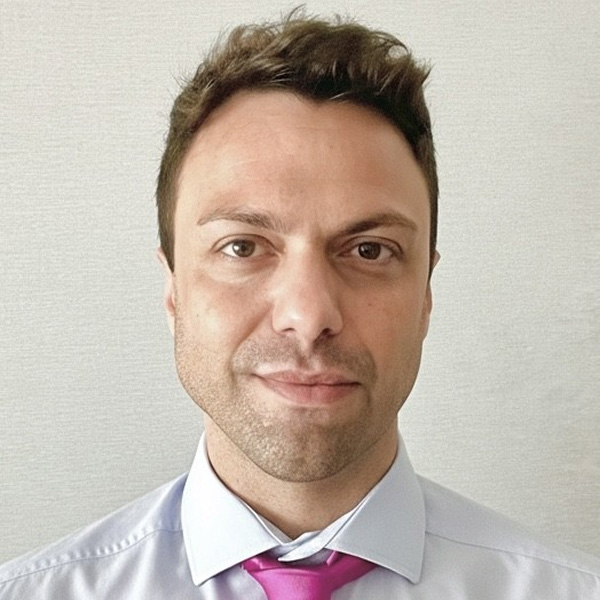
Jordan Marrocco, PhD
